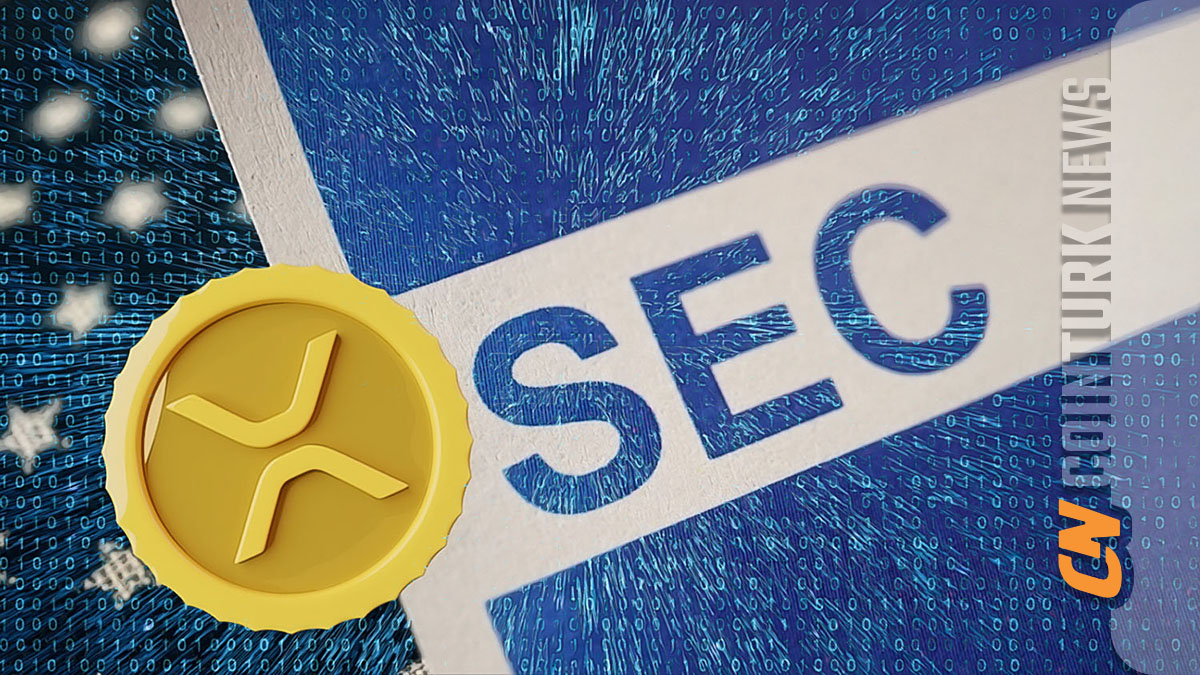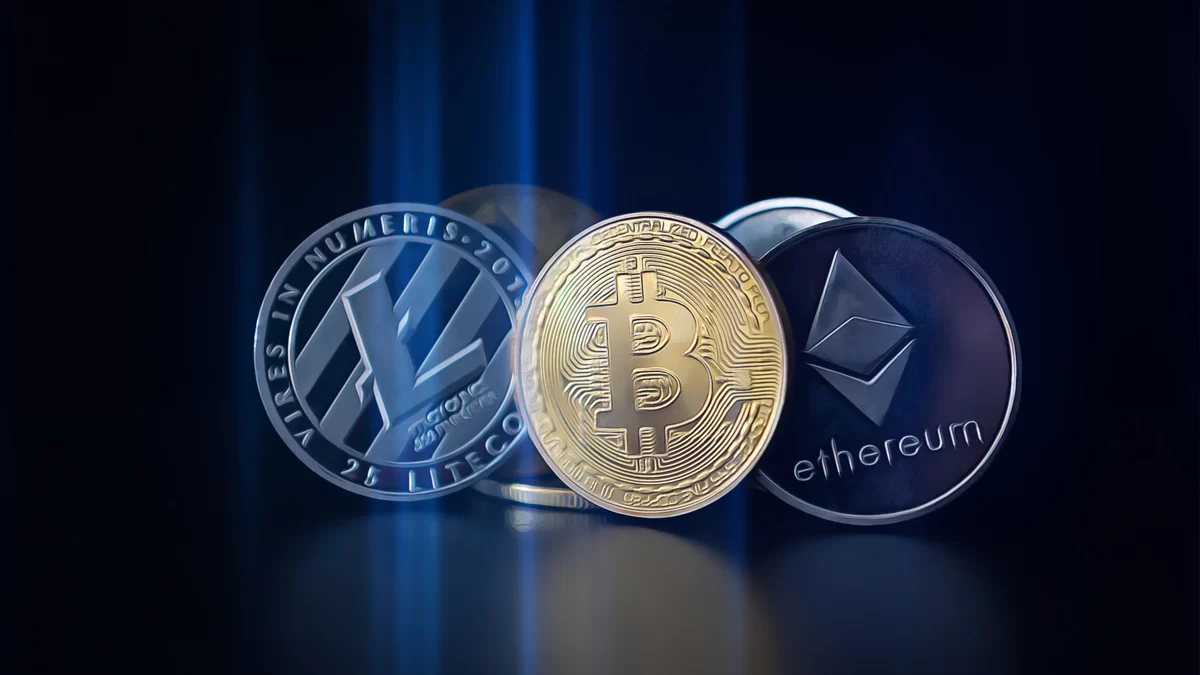As the summary judgment in the lawsuit between Ripple and the Securities and Exchange Commission (SEC) approaches, focus is shifting towards the potential outcome. Experts predict either a Ripple or SEC victory, while others forecast a possible settlement, preserving the outcome’s uncertainty.
AI Prediction of Lawsuit Outcome
However, part of the crypto community maintains optimism about a Ripple victory, referring to the company’s previous successes during the trials. To gain more insight, we sought the opinion of Google’s prolific AI platform, Bard, with the question: “Will Ripple emerge victorious from the SEC lawsuit?”
Initially, the tool acknowledged the difficulty of precisely predicting Ripple’s potential victory despite its success during the trials. However, Bard recognized the strength of Ripple’s arguments so far and agreed that a positive outcome would be significant for the crypto community.
It’s challenging to assert definitively whether Ripple will win the SEC lawsuit. However, Ripple put forth some compelling arguments and has achieved several significant victories so far. If the judge rules in Ripple’s favor, it could be a major triumph for the cryptocurrency industry.
Probable Factors of Ripple’s Victory
Bard outlined three critical factors that might influence a potential Ripple victory. These include the judge’s interpretation of the Howey Test determining whether an investment is classified as a security, the judge’s evaluation of Ripple’s argument that XRP is not a security, and the judge’s response to how the SEC has handled the case, especially regarding the use of evidence obtained after Hinman’s speech.
Bard identified key factors that could secure a Ripple victory in the ongoing lawsuit. One of Ripple’s primary arguments is that XRP should not be recognized as a security as it does not meet the investment contract criteria under the Howey Test. The test requires investment of money into a common enterprise with an expectation of profit from others’ efforts, conditions Ripple argues XRP doesn’t fulfill.
Furthermore, Ripple claims the SEC lawsuit aims to hinder innovation in the cryptocurrency industry. They argue that applying old securities laws to a new technological environment could stifle progress and innovation in the crypto space.
Could SEC Win?
On the other hand, Bard also highlighted the potential for Ripple to face an adverse outcome considering certain factors. The SEC, boasting over 80 years of extensive experience and significant resources in securities regulation, poses a formidable challenge.
The SEC submitted a petition requesting Ripple’s document production and is resolved to pursue the case to the end. Bard noted the SEC’s strong case, arguing XRP should be classified as a security because it is an investment contract. The SEC alleges Ripple’s actions violated securities laws and emphasizes its readiness to proceed with the lawsuit.
In conclusion, the SEC charged Ripple by launching a lawsuit, accusing the firm of selling unregistered securities in the form of XRP tokens and violating regulatory laws. In light of this, Bard acknowledged the outcome of the trial depends on the presiding judge. While the date for the summary judgment remains unknown, a significant moment is expected on June 13 when the seals on documents related to Hinman will be broken.









